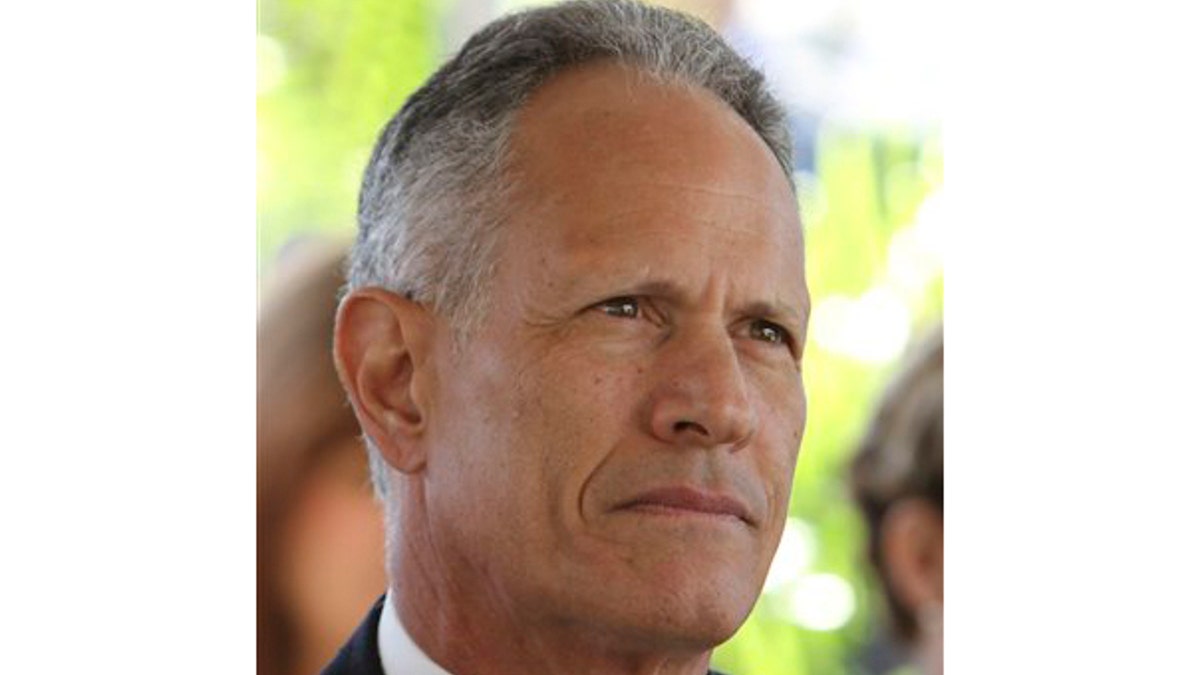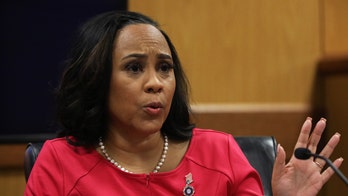
Voters furious with spending decisions and new taxes voted Tuesday to oust Miami-Dade Mayor Carlos Alvarez. (AP)
Ousted Miami Mayor Carlos Alvarez said Wednesday that not only were the last 24 hours in which he was recalled by voters "extremely difficult," but also the last two years in which his administration struggled to close huge budget deficits.
"A lot of people ask me 'How do you feel?'" he said during a news conference. "It's a sad day for me. But I'm also relieved."
Alvarez defended his budget, which included a property tax rate increase and salary raise for county employees in a county struggling to recover from the recession.
"I made a decision to recommend a budget that held services together as much as we could," he said, adding that it's not easy to confront four consecutive years of budget gaps.
"Everyone has an opinion. It's much harder to actually make decisions and live with them," he said.
With 100 percent of precinct votes counted, 88 percent voted to oust the mayor Tuesday, making Miami-Dade the most populous area, with more than 2.5 million people, ever to recall a local official. Just 12 percent of the 204,500 who cast ballots were in favor of allowing Alvarez to finish his second term, which ends in 2012.
The county commission will most likely schedule a special election to fill the remainder of Alvarez' term. The effort to remove Alvarez was led by billionaire car dealer Norman Braman.
"County voters have demonstrated by their ballots that they are tired of unaccountable officials, of being ignored and of being overtaxed in this very difficult recessionary time," Braman said at a news conference.
Alvarez maintained throughout the recall effort that raising taxes was necessary to fill a $444 million gap and avoid cuts to critical social services. He said those affected by the property tax increase had enjoyed an artificially low 3 percent annual cap on tax increases during the real estate boom, and that the last round of contract negotiations had authorized most of the employee raises.
Alvarez said Wednesday that the next mayor will have a clear mandate after the recall election.
"It's very clear where the voters stand on the issues and they want smaller government and that's what they'll get," he said. "But they'll get it at a price."
Alvarez said he has no bitter feelings.
"I want to wish the next mayor much success and all the luck in the world and that hopefully the economy turns around," he said. "It certainly makes a difference."
There have been numerous recalls of state officials in recent years, but not any of a local government official in an area as big as Miami-Dade County, said Joshua Spivak, a recall expert and senior fellow at Wagner College in New York. The Los Angeles mayor was recalled in 1938, but Spivak said the population at that time was smaller.
Alvarez, a former county police chief, also says Braman is angry over losing an effort to block the county from funding a new $600 million stadium for the Florida Marlins baseball team.
At Alvarez's urging, the county commission approved it.
"The defining issue really is the type of government that the citizens of this community are looking for," Braman said. "It's about empowering the people of this community to take it back from the politicians who have been running it, and running it in a way that I think endangers the fiscal future of our community."
Braman, a former Philadelphia Eagles owner, gathered twice the 51,000 signatures needed to recall the mayor. County Commissioner Natacha Seijas was also on the recall ballot and removed from office.
The Associated Press contributed to this report.




